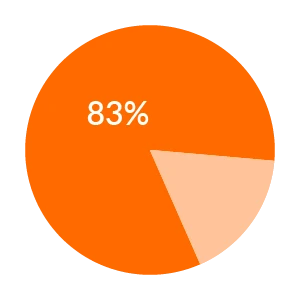
In 2023, 83% of donations collected were used for programmes that benefit children, families and communities in need.
Learn More
The Yemen war, now the world’s largest humanitarian crisis, has left 24 million people or 80% of the country’s population in need of aid. More than half of them are children. In addition to horrific violence, people are suffering from hunger and deprivation. Help meet their needs.
The ongoing conflict that began in 2014 has made Yemen host of the world’s largest humanitarian crisis. Now, with COVID-19, the country is in distress. 80% of Yemen’s population – 24 million people – is living in poverty and scarcity, and more than 12 million children are in urgent need of humanitarian support1.
Due to the fragility of the country, World Vision works in partnership with a local agency that has more than thirty years of experience working internationally to provide quality emergency health, nutrition and water, sanitation & hygiene services to those affected by the conflict.
With your contribution, we will:
Sources:
1 OCHA Situation Report Aug, 2020
2 World Food Programme
Be among the first to receive the latest news and updates on our work, stories of children and communities, and opportunities to make a difference.

In 2023, 83% of donations collected were used for programmes that benefit children, families and communities in need.
Learn More